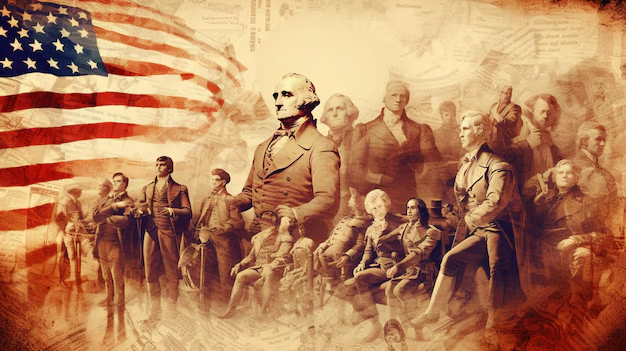Ph.D. in American History: Introduction, Admission, Registration, Eligibility, Duration, Fees, Syllabus 2024

Introduction:
A Ph.D. in American History is an immersive academic journey that delves into the complexities of the United States’ past. It’s a path that not only uncovers the events that shaped the nation but also provides a deep understanding of the cultural, social, and political forces that have influenced its development.
Admission Process:
- Application Submission: Candidates must submit a formal application, often including a statement of purpose.
- Letters of Recommendation: Usually, three letters from academics familiar with the applicant’s work are required.
- Writing Sample: A piece of substantial historical research, such as an MA thesis or a major paper.
- Academic Transcripts: Submission of undergraduate and, if applicable, graduate transcripts.
- GRE Scores: Some programs may require GRE scores, although this is increasingly optional.
- Interviews: Select candidates may be invited for interviews, either in person or virtually.
Eligibility:
- Master’s Degree: A master’s degree in history or a related field is typically required.
- Minimum GPA: A minimum GPA, often around 3.0 or higher, is expected.
- Research Experience: Prior research experience, publications, or relevant work may be beneficial.
- Language Proficiency: Non-native English speakers must demonstrate English proficiency.
- Additional Languages: Reading knowledge in other languages may be required, depending on the research focus.
Completion Time:
The time to complete a Ph.D. in American History varies but typically ranges from 5 to 7 years. This includes coursework, comprehensive exams, research, and dissertation writing.
Career Opportunities:
- Academia: Many graduates become professors or lecturers in universities and colleges.
- Public History: Roles in museums, archives, and historical societies.
- Government: Positions as policy analysts, advisors, or researchers.
- Publishing: Opportunities as editors, writers, or publishers of historical content.
- Consultancy: Historical consultants for film, television, or legal firms.
Internship Opportunities:
- Museum Internships: Hands-on experience in curation and exhibition design.
- Archival Work: Training in document preservation and archival research.
- Historical Societies: Participation in community history projects.
Scholarships and Grants:
- University Fellowships: Financial support provided by academic institutions.
- Research Grants: Funds for specific research projects or travel.
- Professional Organizations: Scholarships from historical associations.
FAQs:
What can I specialize in during my Ph.D. in American History?
Specializations can include political history, social history, cultural history, or specific time periods.
Do I need to publish research during my Ph.D.?
While not mandatory, publishing can enhance your academic profile and job prospects.
Can I work while pursuing my Ph.D.?
Many students teach or work as research assistants while completing their degree.
What is the dissertation process like?
It involves proposing a topic, conducting original research, and writing a substantial thesis.
Are there opportunities for international students?
Yes, many programs welcome international candidates and offer additional support.
